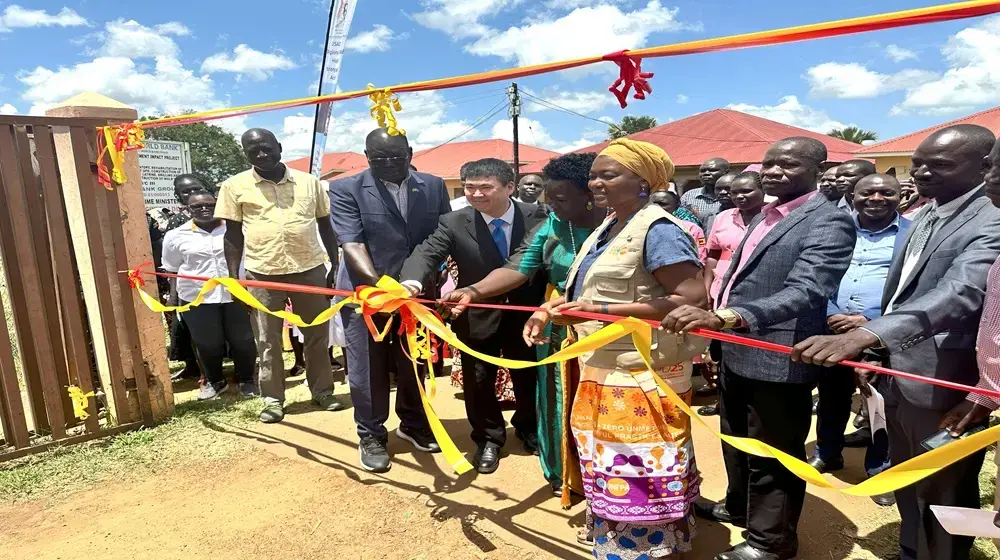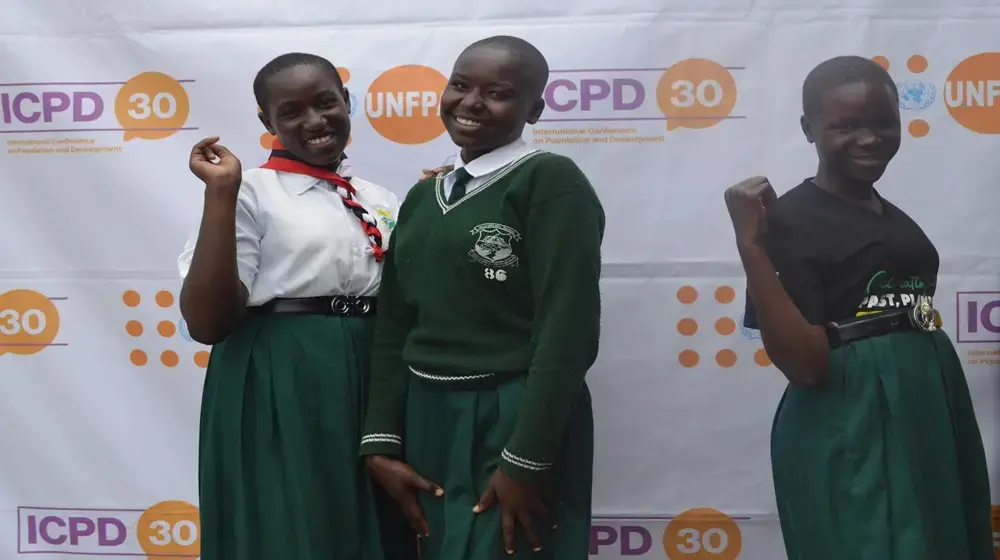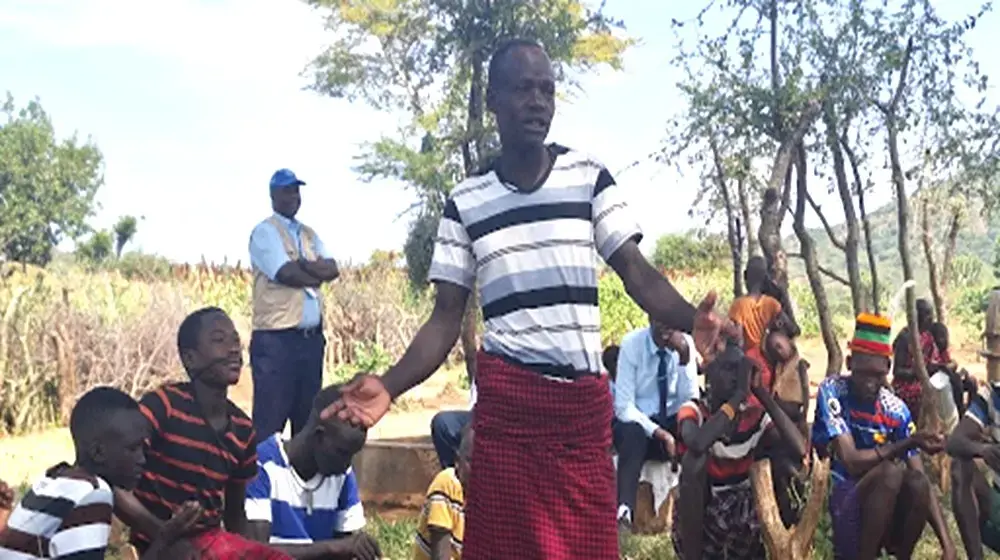The Ministry of Justice and Constitutional Affairs together with the Justice, Law and Order Sector (JLOS) in Uganda has released the report for the special court sessions on Sexual and Gender Based Violence conducted at the end of 2018.
In September 2018, with support from UNFPA, special sessions were conducted in 14 districts in Uganda, targeting to clear at least 1,000 cases of Sexual and Gender Based Violence (SGBV) in 40 days.
The sessions were a pilot in response to the urgent need to counter cases of Sexual and Gender Based Violence offences, advance access to justice for survivors of SGBV, improve the experience of survivors in the justice system and reduce case backlogs of cases, some of which were dated as back as 2014.
Selected courts included the High Court Criminal Division in Kampala, High Courts of Moroto, Soroti, Masaka, Mukono, Gulu, Bushenyi and Mbale; and the Chief Magistrates Courts of Nabweru, Iganga, Lira, Kapchorwa and Sironko with each judicial officer assigned between 50-100 cases.
According to the report, 875 cases were listed for hearing, 788 of which were heard and cleared by the High Court and Chief Magistrates courts. Of the cleared, 344 were defilement cases, and 13 domestic cases among others. Focus was put on SGBV cases such as defilement, rape and domestic violence because they constitute 62 percent of the cases in the High Court.
During the reflection meeting of the special sessions in Kampala May 13, Senior State Attorney Ms. Samali Wakooli said the courts proved successful bringing justice closer to the people in the context of leaving no one behind.
“The rights of survivors was taken into consideration. In some places, judges took evidence from homes where the witness was. Sometimes they would go as a team. That was bringing justice nearer to the people in the context of leaving no one behind,” said Ms. Wakooli who is also the in-charge of the SGBV unit Department of Public Prosecution.
“There were also children’s rooms in Kampala where witnesses were protected before testifying,” she said.
In another presentation, Javena Natukunda, the Resident High Court Judge Lira district reported that a formal hearing was taken from the court hall to the family hut for a survivor rendered disabled because of Gender Based Violence.
The Police Annual Crime Reports as well as statistics from the Judiciary informed the selection of the participating courts. The Office of the Department of Public Prosecution (DPP) Performance Report of 2015/16 indicates that 211,487 SGBV cases were recorded.
Principle Judge Dr. Yorokamu Bamwine who officially opened the review meeting acknowledged UNFPA’s role in advocating for zero gender based violence and other harmful practices, calling for concerted partnerships from all stakeholders as a way to curb SGBV: “We have sent a clear message that SGBV is unacceptable,” he said.
In his remarks, UNFPA Representative commended the Ministry of Justice and Constitutional Affairs and the Justice Law and Order Sector for the pilot implemented in the last quarter of 2018, requesting that the institutionalization of the special court sessions respond to the needs of women, men and children, persons with disabilities and other marginalized persons and special groups.
He added that based on the successful pilot in 2018, UNFPA will continue to support the Ministry of Justice and JLOS objective to institutionalize the SGBV special courts as one of the divisions of the High Court.
“UNFPA will continue to work with the JLOS and other stakeholders to support institutionalization of the SGBV Special Courts,” Mr. Sibenaler said.
With support from the European Union Spotlight Initiative, Embassy of Sweden and Austria Aid, UNFPA has allocated funds to support JLOS to conduct 18 special court sessions at High Court and Chief Magistrates Court level in 2019, targeting disposal of 1,250 cases, Mr. Sibenaler said.
Ensuring that survivors of SGBV access justice is one of the testimonies that Uganda is working towards meeting the obligations as stipulated in the Maputo Protocol, the Kampala Declaration (2011), and the Sustainable Development Goals, all of which prioritize elimination of gender inequality and SGBV.
-Story by Evelyn Matsamura Kiapi





